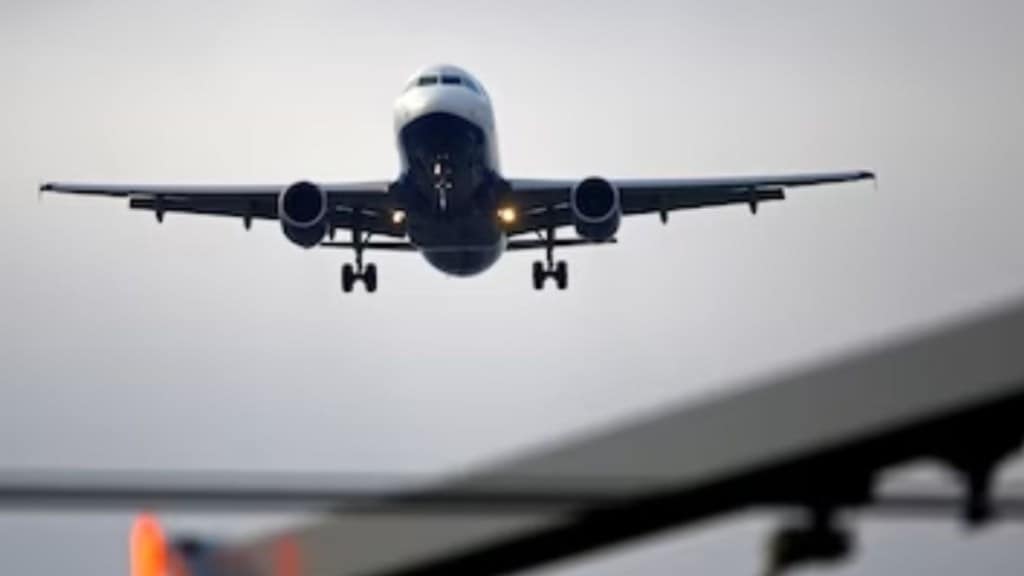With complaints against airlines regarding ticket cancellations and refunds growing, the Directorate General of Civil Aviation (DGCA) has proposed customer-friendly rules. While the move is expected to enhance passenger convenience, carriers may face greater volatility in early bookings, explains Nitin Kumar
l What is the new 48-hour rule?
UNDER THE EXISTING norms, passengers can cancel or alter a ticket within 24 hours of booking without extra charges, provided the flight is at least seven days away. The DGCA now proposes to extend this “look-in period” to 48 hours, giving travellers more flexibility. Beyond 48 hours, standard cancellation charges would apply. During this period, passengers can cancel or amend their booking without any additional fees, except for any difference in fare if they opt for a revised flight. However, this will not apply if the flight departs within five days (for domestic) or 15 days (for international) from the date of booking. In effect, the proposal doubles the free-cancellation window from 24 to 48 hours and reduces the advance requirement from seven to five days for domestic flights.
This window allows correction of misspelt names, wrong dates, or times without any extra charges or having to book tickets again. It also provides protection against price drops. If a passenger finds a cheaper fare with the same or a different airline within the longer grace period, she can cancel the ticket for a full refund and rebook at the lower price.
l What impact could this have on airlines?
WHILE THE MOVE is expected to enhance passenger convenience, it could also add operational and financial pressure on the airlines. With a longer no-penalty “look-in” window, carriers may face greater volatility in early bookings, as passengers could now block seats and then cancel them without incurring any charges. This might temporarily complicate inventory management and revenue forecasting, especially for low-cost airlines that depend on early sales to fill capacity.
At the same time, it could improve last-minute seat availability, allowing other travellers to book those freed-up seats closer to departure. Industry experts say that while airlines may initially face some adjustment challenges, the proposed reforms could ultimately strengthen consumer trust, encourage advance bookings, and bring India closer to global passenger-friendly norms.
l Tickets booked via agents & portals
FOR THE FIRST time, the DGCA draft explicitly places the onus of refund on airlines, even for tickets purchased via travel agents or online portals, clarifying that agents act as “appointed representatives” of the airline. Currently, passengers are often redirected between agents and airlines for refunds. The draft seeks to eliminate that confusion. At present, the ministry of civil aviation’s website still advises passengers: “Kindly approach your travel agent.” The new proposal aims to streamline refunds by making the airline directly responsible for completing refunds within 21 working days.
l Corrections in names and option of credit shells
THE DGCA CIRCULAR has retained the existing rule that allows passengers to make corrections in their name within 24 hours of booking without any additional charge, provided the booking was made directly through the airline’s website. This provision has been carried forward in the draft to ensure clarity and uniformity.
It also reiterated that keeping refund amounts in a credit shell should be at the discretion of the passenger and cannot be a default airline practice. A credit shell is a credit note created against a cancelled PNR to be used for a future booking by the same traveller. Credit shells first became popular during the Covid lockdown period when flight operations were stopped.
l How other countries handle cancellations
THE PROPOSED 48-HOUR look-in period places India in a leading position globally, as the standard international practice is only 24 hours of free cancellation as seen in countries such as the US, UAE, and Canada. Foreign carriers operating to/from India shall refund the tickets in accordance with regulations of their country of origin.The DGCA proposal pointed out that the airlines should refund all statutory taxes and User Development Fee (UDF)/Airport Development Fee (ADF)/Passenger Service Fee (PSF) to the passengers in case of cancellation or non-utilisation of tickets or in case of no show.
This provision will also be applicable for all types of fares offered, including promos or special fares and where the basic fare is non-refundable. For IndiGo, domestic cancellations beyond the cut-off hour incur a fee of Rs 3,999–Rs 4,999 based on how close to the date of travel the ticket is cancelled. Cancellation fee for international trips is Rs 6,500 to Rs 10,000. Air India’s cancellation charges are similar to that of IndiGo.
l What’s next?
THE CIVIL AVIATION watchdog has invited comments from the public and stakeholders until November 30 before finalising the new Civil Aviation Requirements. Once implemented, these changes could give passengers greater flexibility and protection against arbitrary rules brought in airlines.

